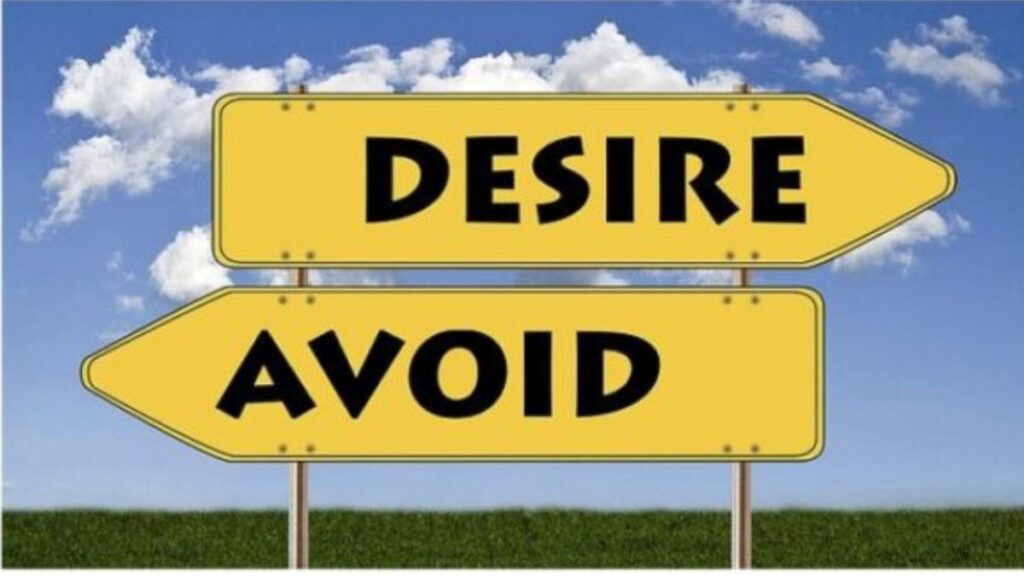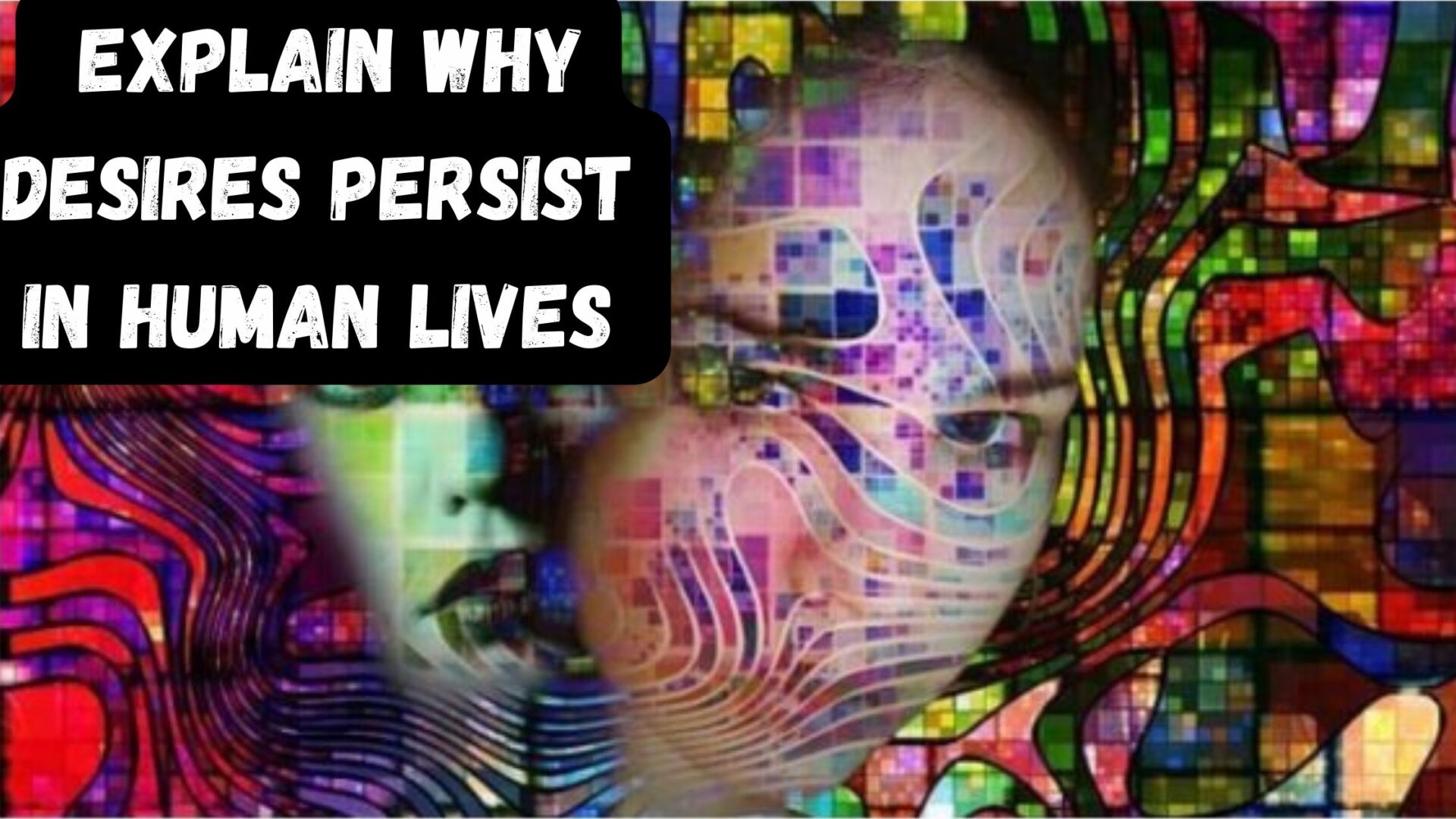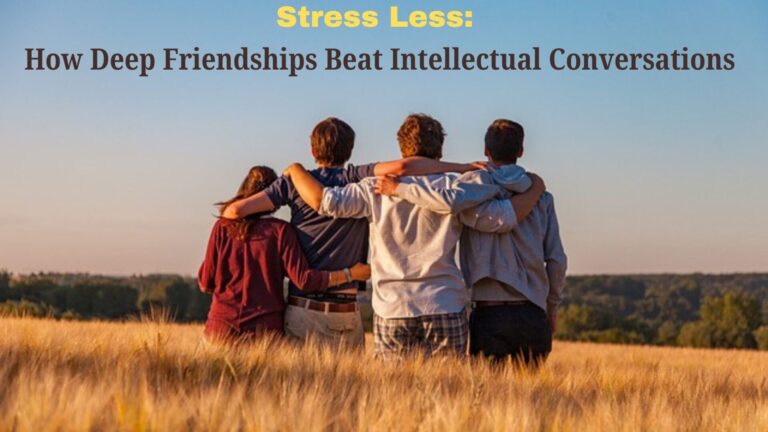Introduction:
The Dilemma Within: Understanding Why Desires Persist in Human Lives”


In the intricate tapestry of human existence, desires weave a complex narrative that often leaves individuals grappling with a profound dilemma. The persistent nature of human desires raises questions about their origin, significance, and the intricate interplay between yearning and the art of living. In this article, we embark on a journey to unravel the enigma, seeking to understand why desires persist within the human psyche and how they shape our lives.
why desires persist within the human psyche and how they shape our lives?
The Nature of Desires:
Desires, those subtle whispers that echo within the corridors of our minds, drive much of our behavior, aspirations, and decision-making. From the simplest pleasures to loftier ambitions, desires form the basis of our pursuits, pushing us to explore, create, and evolve. But what lies beneath the surface of these innate yearnings, and why do they endure despite the complexities they introduce into our lives?
The Evolutionary Lens:
One perspective suggests that desires are deeply rooted in human evolution. The pursuit of desires, whether for sustenance, social connections, or procreation, has historically conferred survival advantages to our ancestors. In the modern context, desires continue to motivate us, shaping our goals and ambitions as we navigate the complexities of contemporary life.
The Psychological Tug-of-War:
Psychologically, desires create a dynamic tension within individuals. The anticipation, pursuit, and fulfillment of desires trigger the release of neurotransmitters that contribute to feelings of pleasure and reward. However, this pleasure is often transient, leading to a perpetual cycle of desire, pursuit, and fleeting satisfaction. Understanding this psychological dance is crucial to grasping why desires persist despite their ephemeral nature.
Cultural and Societal Influences:
The fabric of desires is intricately woven with threads of cultural and societal influences. External factors, such as societal norms, cultural expectations, and peer pressure, shape the landscape of our desires. The constant exposure to media, advertising, and societal benchmarks can amplify our desires, creating a perpetual cycle of comparison and aspiration.
The Pursuit of Meaning:
Desires, in their varied forms, are often intertwined with the human quest for meaning and purpose. Individuals may use their desires as a compass, guiding them towards experiences and achievements that imbue life with significance. However, the challenge arises when desires become the sole measure of fulfillment, overshadowing deeper existential considerations.
Coping with Unfulfilled Desires:
The persistence of desires introduces the inevitable counterpart — the experience of unfulfilled yearnings. Navigating the emotional terrain of unmet desires requires resilience, self-awareness, and a nuanced understanding of personal motivations. Acknowledging and addressing unfulfilled desires can be a transformative step towards cultivating a more balanced and contented life.
Why is desire important in our life?
Desire plays a multifaceted and crucial role in human life, influencing motivations, actions, and the overall sense of purpose. Here are several reasons why desire is important in our lives:

- Motivation and Goal Setting:
- Desires serve as powerful motivators, propelling individuals to set and pursue goals. They provide the driving force behind personal and professional achievements, fostering a sense of purpose and direction.
- Innovation and Creativity:
- Many breakthroughs and innovations are born out of human desires. The desire for improvement, exploration, and solving problems drives creativity and innovation, leading to advancements in various fields.
- Personal Growth and Development:
- Desires push individuals out of their comfort zones, encouraging personal growth and development. The pursuit of goals and aspirations often involves overcoming challenges, acquiring new skills, and expanding one’s capabilities.
- Meaning and Fulfillment:
- Desires contribute to the sense of meaning and fulfillment in life. Achieving personal desires, whether they are related to relationships, career, or self-expression, can bring a profound sense of satisfaction and contentment.
- Adaptability and Resilience:
- Desires foster adaptability and resilience in the face of challenges. When individuals encounter obstacles or setbacks, the desire to overcome difficulties and achieve their goals can provide the strength and determination needed to persevere.
- Social Connections:
- Desires often drive social interactions and connections. Shared desires and common goals can bring people together, forming communities and fostering a sense of belonging.
- Emotional Experience:
- Desires contribute to the rich tapestry of human emotions. The anticipation, pursuit, and fulfillment of desires evoke a range of feelings, from excitement and joy to satisfaction and contentment, adding depth to the human experience.
While desire can be a powerful force for positive outcomes, it’s essential to strike a balance and ensure that desires align with ethical principles and long-term well-being. Healthy desires contribute to a fulfilling and purposeful life, but excessive or misguided desires can lead to stress, dissatisfaction, and imbalance. It’s crucial to cultivate self-awareness and mindfulness in managing and pursuing our desires.
How do social and cultural factors influence desires?
Social and cultural factors play a crucial role in shaping and influencing human desires. These influences operate at various levels, from societal norms to individual interactions, and affect the nature and intensity of what people want. Here are some key ways in which social and cultural factors impact desires:
1. Social Norms and Expectations
Social norms are unwritten rules about how to behave in society. These norms dictate what is considered desirable or undesirable within a community. For example:
- Career Aspirations: In many societies, high-status careers like doctors, lawyers, or engineers are highly esteemed. This can influence individuals to desire these professions, even if their personal interests lie elsewhere.
- Lifestyle Choices: Norms regarding marriage, family, and lifestyle choices can shape desires. For instance, in cultures where early marriage and starting a family are valued, individuals may feel a strong desire to conform to these expectations.
2. Cultural Values and Beliefs
Cultural values and beliefs provide a framework within which desires are formed and pursued. These values can vary significantly between cultures:
- Materialism vs. Minimalism: In cultures that value material wealth and possessions, there is a stronger desire for financial success and accumulation of goods. Conversely, cultures that emphasize minimalism may foster desires for simplicity and sustainability.
- Collectivism vs. Individualism: In collectivist cultures, desires are often oriented towards group harmony and family well-being. In individualist cultures, personal achievements and self-expression are highly valued, shaping desires accordingly.
3. Media and Advertising
Media and advertising play a significant role in shaping desires by constantly presenting images of desirable lifestyles, products, and behaviors:
- Beauty Standards: The media often promotes specific beauty standards, leading to desires for certain body types, clothing, and cosmetic products.
- Consumerism: Advertising creates desires for the latest gadgets, fashion, and luxury items, fostering a consumer culture where individuals continually seek new products.
Conclusion:
“The Dilemma Within: Understanding Why Desires Persist in Human Lives” invites us to contemplate the intricate relationship between desires and the human experience. Whether driven by evolutionary instincts, psychological mechanisms, cultural influences, or the pursuit of meaning, desires remain an integral part of our existence. By unraveling the complexities of this dilemma, we gain insights that empower us to navigate the labyrinth of desires with mindfulness, fostering a more harmonious and fulfilling life.
FAQs
Q1: What are desires?
A: Desires are strong feelings of wanting to have something or wishing for something to happen. They can range from basic physical needs, like hunger and thirst, to complex psychological aspirations, such as the desire for success, love, or fulfillment.
Q2: Why do desires persist in human lives?
A: Desires persist due to a combination of biological, psychological, and social factors. They are driven by the brain’s reward system, influenced by personal and cultural experiences, and are integral to human motivation and survival.
Q3: How does biology play a role in the persistence of desires?
A: Biological factors, particularly the brain’s reward system involving neurotransmitters like dopamine, play a significant role. When desires are fulfilled, the brain releases dopamine, creating a feeling of pleasure and reinforcing the behavior that led to the fulfillment. This cycle perpetuates the persistence of desires.
References
- Biological Basis of Desire
- Kringelbach, M. L., & Berridge, K. C. (2017). The Neuroscience of Happiness and Pleasure. Social Research: An International Quarterly, 84(3), 525-550.
- Schultz, W. (2015). Neuronal Reward and Decision Signals: From Theories to Data. Physiological Reviews, 95(3), 853-951.
- Psychological Mechanisms
- Mischel, W., Shoda, Y., & Rodriguez, M. L. (1989). Delay of Gratification in Children. Science, 244(4907), 933-938.
- Baumeister, R. F., & Vohs, K. D. (2007). Self-Regulation, Ego Depletion, and Motivation. Social and Personality Psychology Compass, 1(1), 115-128.
- Social and Cultural Influences
- Hofstede, G. (2001). Culture’s Consequences: Comparing Values, Behaviors, Institutions, and Organizations Across Nations. Sage Publications.
- Kasser, T., & Ryan, R. M. (1996). Further Examining the American Dream: Differential Correlates of Intrinsic and Extrinsic Goals. Personality and Social Psychology Bulletin, 22(3), 280-287.
- Managing Desires
- Kabat-Zinn, J. (1990). Full Catastrophe Living: Using the Wisdom of Your Body and Mind to Face Stress, Pain, and Illness. Delacorte Press.
- Duckworth, A. L., & Gross, J. J. (2014). Self-Control and Grit: Related but Separable Determinants of Success. Current Directions in Psychological Science, 23(5), 319-325.








